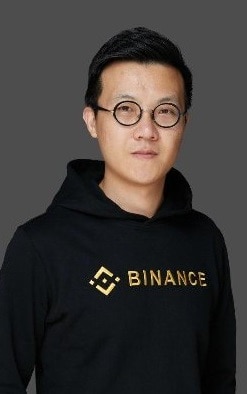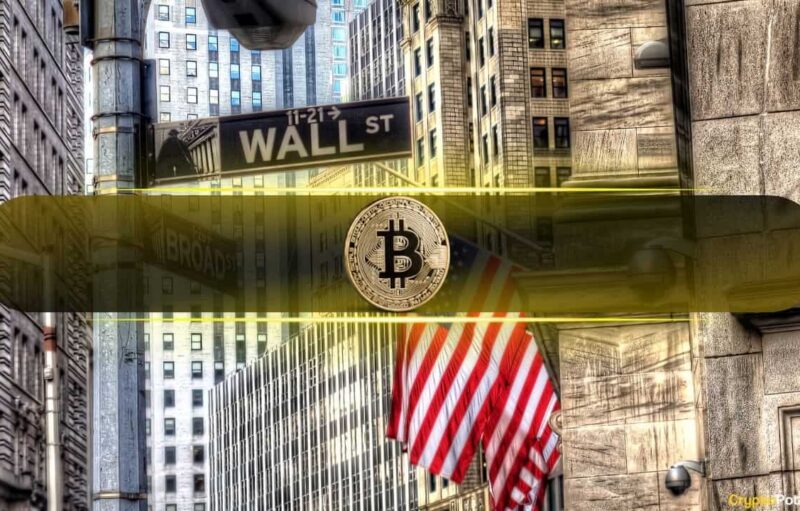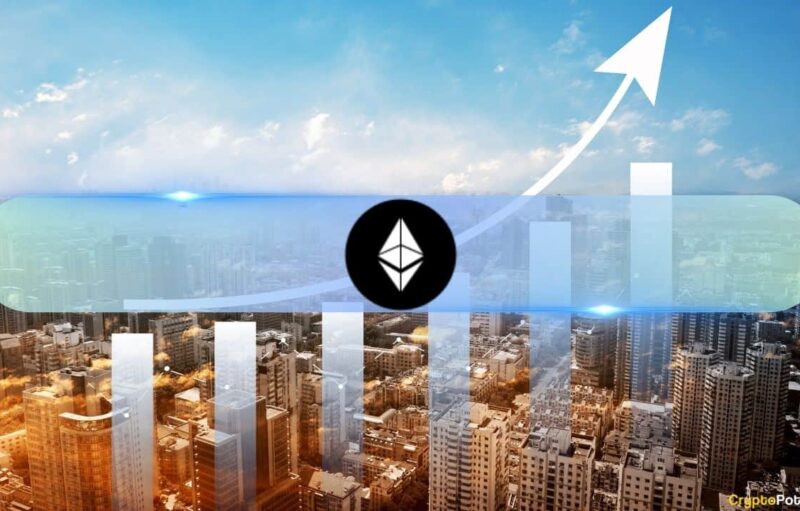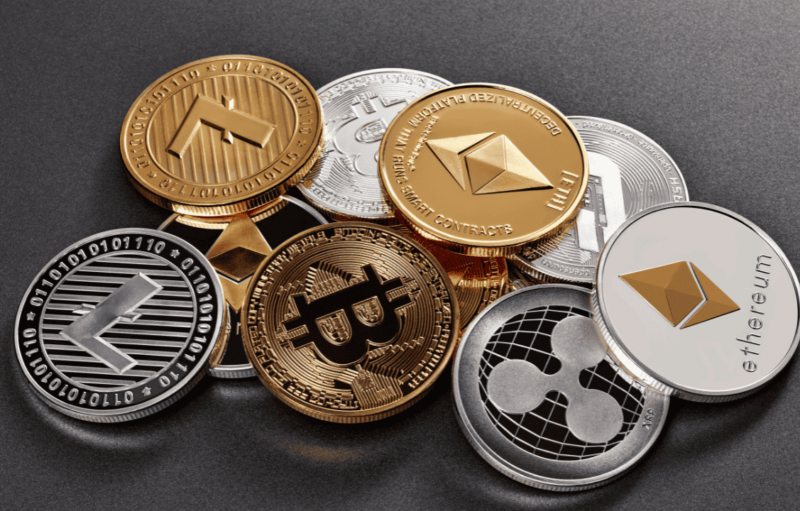Binance is currently the world’s leading cryptocurrency exchange by means of the trading volume. Launched in 2017, the company has managed to become a standard in the industry quickly.
Despite its fast phase growing, the giant exchange launched Binance Futures, the cryptocurrency derivatives trading platform of Binance, only in September 2019. Binance Futures allows users to trade Bitcoin and leading altcoins with leverage as high as 125x.
In the months following the launch, Binance Futures managed to establish itself as a leading player on the market, ranked at the top with veterans such as BitMEX, even surpassing it lately in terms of recent months’ volume.
CryptoPotato had the chance to speak to Aaron Gong, VP at Binance Futures. Gong is a former Director for APAC Clients Development & Sales at CME Group, and he has helped take Binance Futures to the top of the crypto derivatives exchange list. For those of you who are short in time, here are some key highlights of the interview:
- Binance will keep diversifying its product portfolio to cater to as many users as possible.
- Binance overall onboarded 47.4% more institutional clients in Q1 2020 compared to Q4 2019.
- Security and uptime: Binance Futures has been successfully battle-tested during moments like Black Thursday, March 12 (2020), and March 30, which turned to be the highest ever volume day (over $2 billion volume for the perpetual contacts).
- Binance Futures sees 217% quarterly growth in institutional volume and boasts $3.7 billion 24-hours volume.
- The organization is relatively decentralized with different units working on different products, Changpeng Zhao (CZ, the CEO) is very involved in all divisions of the company, including the Futures.
Interview with Aaron Gong, VP of Binance Futures
Why did it take so long for Binance to go live with the Futures platform (only less than a year ago)?
“Binance started in 2017, so we are still a very young company. Just to highlight in relative terms, the market only saw the first institutionally backed crypto derivatives in late-2017 (i.e., the launch of CME and CBOE Bitcoin futures).

Binance started with a mission to promote the freedom of money, and we work hard towards that. As we became the leading cryptocurrency exchange, we also knew it was time to launch our Futures platform to complement our spot exchange and provide users with diversification. Today we are building strong recognition for our derivatives, we are very user-centric, and we invest in product innovation and technology.“
Binance Futures adds many trading pairs, the variety keeps growing. Do you see the Futures platform becoming the future spot exchange?
There are many reasons why the average trader would prefer trading with leverage, one of them is the quick gains (and losses), and also for security reasons (no need to store huge funds on the exchange)
“We want to cater to as broad an audience as possible – making cryptocurrency accessible to as many as possible. For experienced traders who demand more advanced products, our newest Binance Quarterly Futures are right on the dot, with up to 125x leverage.
We also want to accommodate other traders and users who want to manage their portfolio differently. The entirety of the Binance ecosystem comes together to support our users: whether it is Binance Academy providing training to help onboard new users or Binance Research producing in-depth reports for analysts and investors, we support our users according to their needs.
The industry consists of individual users as well as institutional investors, and even amongst themselves, there are different preferences, from leverage levels to settlement.
For instance, our Quarterly Futures are margined and settled in Bitcoin, so it would appeal to cryptocurrency funds that hold and trade in Bitcoin, while our Perpetual Futures are settled in stablecoin and would suit traders who prefer not to hold and trade Bitcoin.”
Speaking about security, can you be sure that Binance Futures will tolerate massive volume? We can mention that other leading exchanges, often lag and go offline under such pressure.
“Binance Futures has been battle-tested during moments like Black Thursday, March 12 (2020), and more recently in early June, when Bitcoin dropped 8% in 5 minutes.
Observers noted how we actually gained market share throughout and following Black Thursday. Data recorded on March 30 saw Binance Futures’ bitcoin perpetual contracts hit the sector’s highest daily volumes at $2.21 billion.
Binance overall onboarded 47.4% more new institutional clients in the first quarter of 2020 as compared to the last quarter of 2019. Quarterly growth was 217% for futures, and now our 24-hour trading volume is around $3.7 billion.
We are conscious no system is ever 100% perfectly secured; hence we pay full attention to our platform’s security without compromising usability, providing users with stable, high-volume, and low-latency matching. Our matching output is NASDAQ-level, handling 100,000 transactions per second.”
When we spoke to Gin Chao, Binance CSO, he mentioned that Binance is a flat organization. Can you share how much Changpeng Zhao (CZ, CEO of Binance) is involved in Binance Futures’ ongoing?
“We aim to adopt the decentralization philosophy of cryptocurrencies – to believe in it, we have to live it. The Binance ecosystem consists of many teams, all building fantastic products and services that people like to use, so collectively, everyone in Binance contributes towards greater adoption worldwide.
Changpeng Zhao (CZ), as the founder of Binance, has an overview of our ecosystem and gives the teams strategic guidance. In turn, every team has relatively operational independence, and are given the space to achieve our respective business goals.”

Where do you see the futures market going?
“2020 has obviously been a most unusual year. The global pandemic has highlighted the macroeconomic issues of our traditional financial system, and also accelerated the way we think about centralized ways of working and living.
As many have noted, cryptocurrency’s standing as an asset class has strengthened as a result of the existing financial market. People have increased awareness and will demand more choices across banking, financial, and insurance products. Investors, especially institutional investors, are now more open to crypto and crypto derivatives for both growth opportunities and hedging.
Decentralized ways of life, like remote working, will drive adoption in decentralized technologies. We will see interesting development in some sectors like healthcare and MedTech, how to safely share data and patient records remotely. As more industries evolve, they represent further opportunities for blockchain and tokenized assets, which is good for the derivatives market.”
The post VP of Binance Futures, Aaron Gong: We Saw 217% Institutional Clients Increase In Q1 2020 (Exclusive Interview) appeared first on CryptoPotato.
The post appeared first on CryptoPotato






